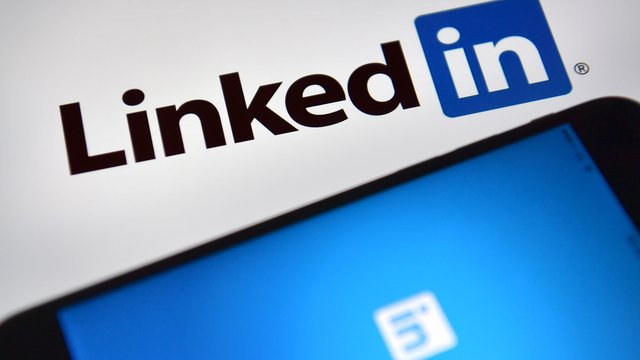A Russian man on Friday pleaded not guilty to charges he hacked three U.S. technology companies, potentially compromising personal details of more than 100 million users, including on LinkedIn, after being extradited from the Czech Republic.
Yevgeniy Nikulin, 30, of Moscow, entered his plea in the U.S. District Court in San Francisco, after having fought his extradition following his 2016 arrest in Prague.
His case had turned into a battle over whether he should be sent to the United States or Russia, where a Moscow court had in November 2016 issued an arrest warrant for his alleged theft seven years earlier of $3,450 via a site called Webmoney.
The U.S. Department of Justice accused Nikulin of illegally accessing computers belonging to U.S.-based social media firms LinkedIn, Dropbox and Formspring in 2012, including by using the credentials of LinkedIn and Formspring employees.
LinkedIn, now owned by Microsoft Corp, has said the case was related to a breach that might have compromised information of at least 100 million users.
“Computer hacking is not just a crime, it is a direct threat to the security and privacy of Americans,” U.S. Attorney General Jeff Sessions said in a statement.
“This is deeply troubling behavior once again emanating from Russia,” he continued. “We will not tolerate criminal cyber-attacks and will make it a priority to investigate and prosecute these crimes, regardless of the country where they originate.”
Nikulin faces nine criminal counts, including causing damage to a protected computer and aggravated identity theft.
A federal public defender representing him did not immediately respond to a request for comment. Nikulin has denied wrongdoing in comments to Czech media.
The decision by Czech Justice Minister Robert Pelikan to extradite Nikulin defied Russia, which had also sought his extradition.
Courts in the Czech Republic, a U.S. ally and part of the European Union, had said extradition to both countries was permissible, and the decision was up to Pelikan.
Prime Minister Andrej Babis has said he favored extradition to the United States, but Pelikan said President Milos Zeman, who often takes a pro-Russian stance, had urged extradition to Russia.
“It was apparent that the United States requested extradition for a suspicion of very serious criminal activity, which was not the case of the Russian request,” Pelikan told Reuters in a phone interview.
The decision was closely watched because Babis needs Zeman’s support for a new government, after his minority cabinet lost a vote of confidence last month. Zeman has promised Babis another try at installing a government.

Working as a cyber security solutions architect, Alisa focuses on application and network security. Before joining us she held a cyber security researcher positions within a variety of cyber security start-ups. She also experience in different industry domains like finance, healthcare and consumer products.












